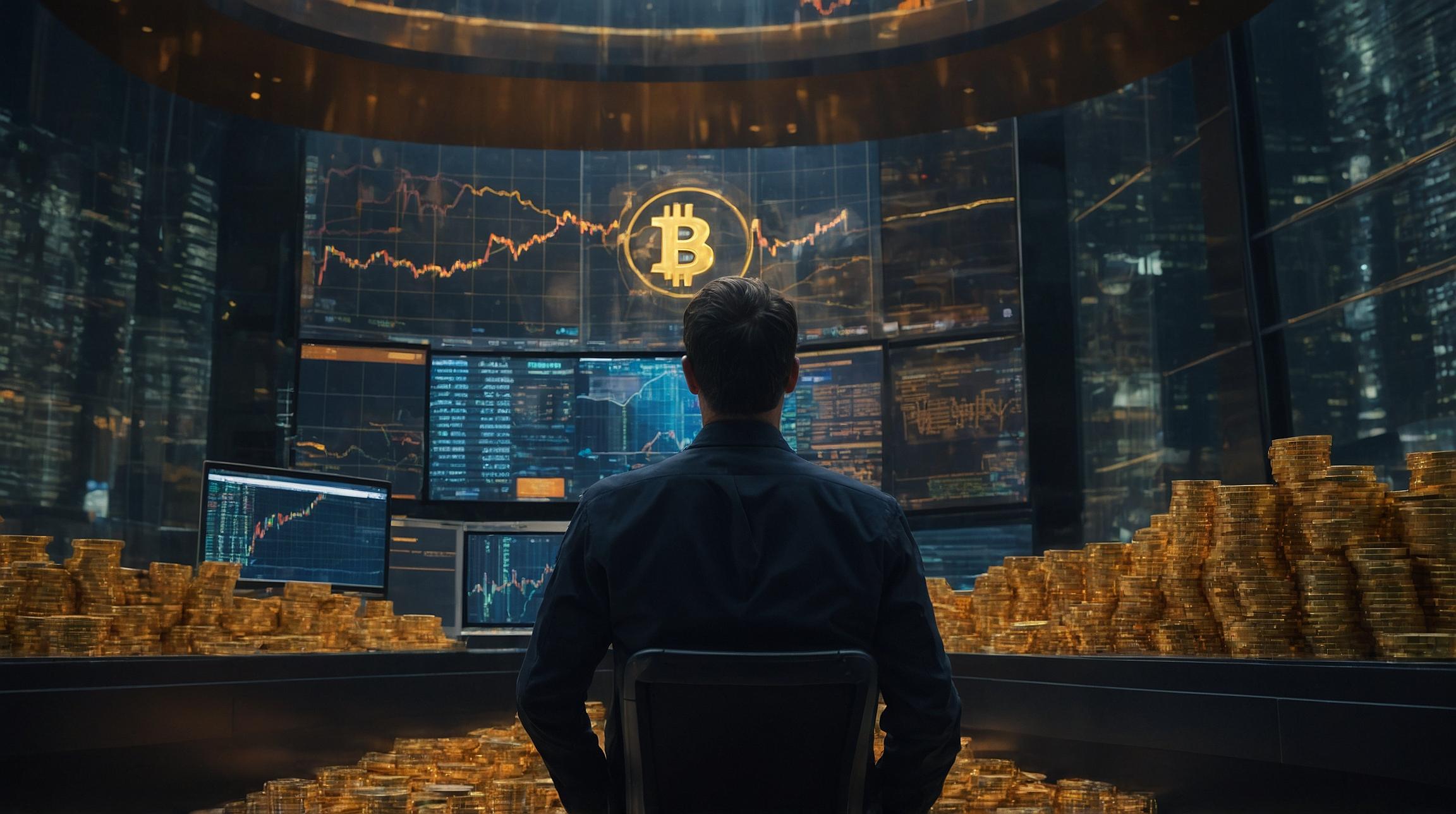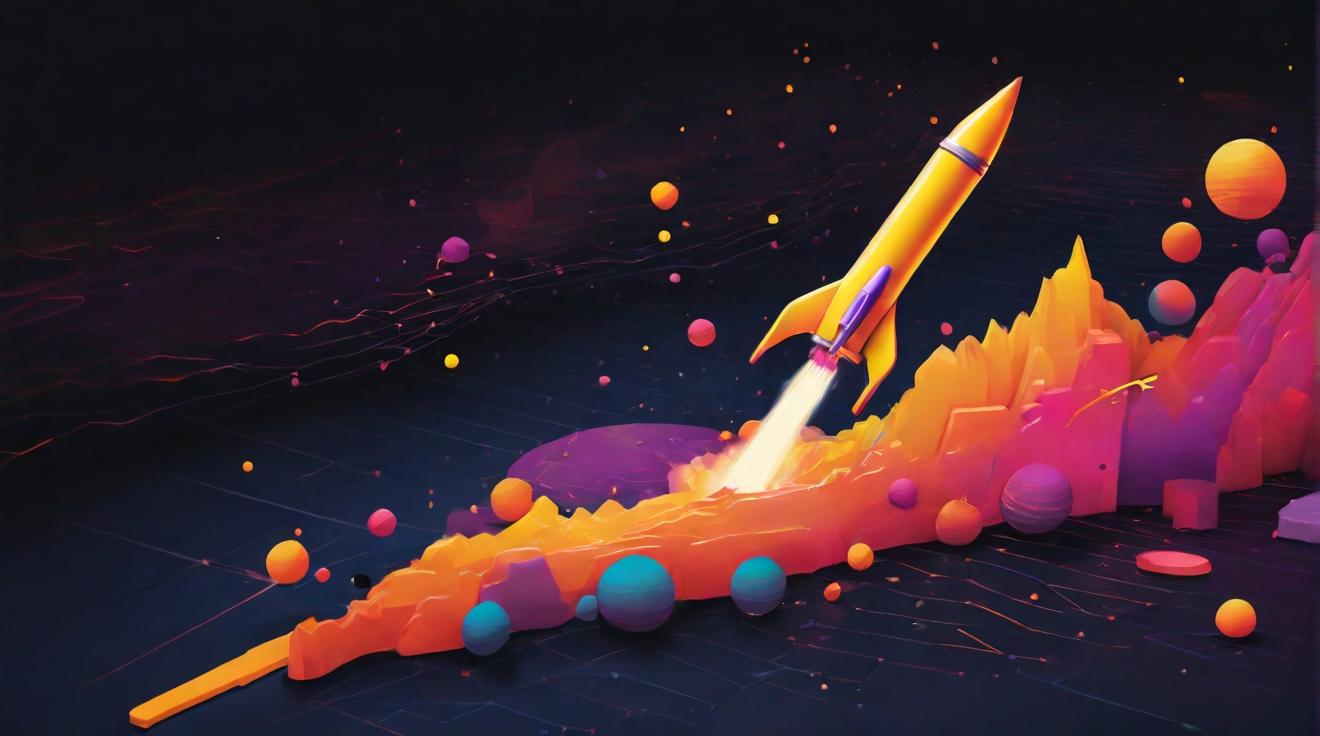Tokenized Sports Contracts: Revolutionizing Athlete Compensation and Transfers
In a groundbreaking development that's set to revolutionize the landscape of sports management, tokenization of sports contracts is emerging as a pivotal innovation, altering the way athlete compensation and transfers are navigated. This transformative approach, harnessing the power of blockchain technology, promises to bring unprecedented transparency and efficiency to the sports industry.
The New Frontier in Sports Management
At the heart of this revolution is the digital representation of sports contracts, a move that not only simplifies transactions but also introduces a level of security and trust previously unseen in the sports domain. Tokenization, in essence, converts the value of a contract into digital tokens that can be easily bought, sold, or traded on blockchain platforms, thereby democratizing access to sports investments and securing athletes' financial futures.
Enhancing Athlete Compensation
One of the most significant impacts of tokenized contracts is on athlete compensation. By tokenizing contracts, athletes can now have direct control over their earnings and brand endorsements, bypassing traditional intermediaries. This not only ensures that they receive a fairer share of the revenue but also opens up new avenues for fan engagement through the purchase and trade of tokenized assets.
Streamlining Transfers and Contracts
The transfer process in sports is notoriously complex and opaque, often mired in bureaucratic red tape. Tokenization offers a sleek solution to these challenges, making transfers quicker and more transparent. With smart contracts, terms are automatically executed when conditions are met, eliminating delays and reducing the potential for disputes.
Global Impact and Challenges Ahead
The implications of tokenized sports contracts are global, offering a universal solution to common issues faced in sports management across the world. However, this innovative approach is not without its challenges. Regulatory hurdles, technological adoption, and concerns about cybersecurity are among the key obstacles that need to be addressed to fully unleash the potential of tokenization in sports.
Looking Forward
As the sports industry continues to evolve, the adoption of tokenized contracts stands as a testament to the potential of blockchain technology in transforming traditional practices. By offering a more efficient, transparent, and equitable system, tokenized sports contracts hold the promise of reshaping athlete compensation and transfers, heralding a new era in sports management.
In conclusion, the journey towards widespread adoption of tokenized sports contracts is fraught with challenges. Yet, the potential benefits for athletes, fans, and sports organizations are too significant to ignore. As we stand on the brink of this exciting transformation, the intersection of sports and technology continues to offer limitless possibilities for innovation and growth.













